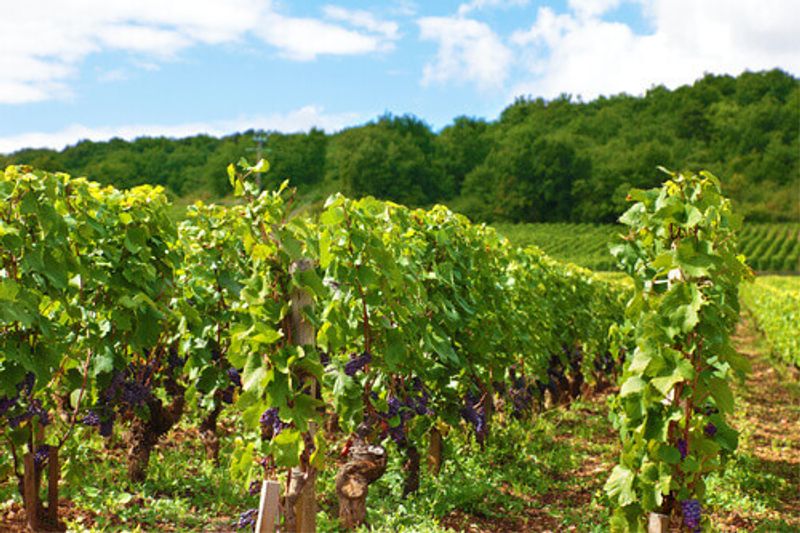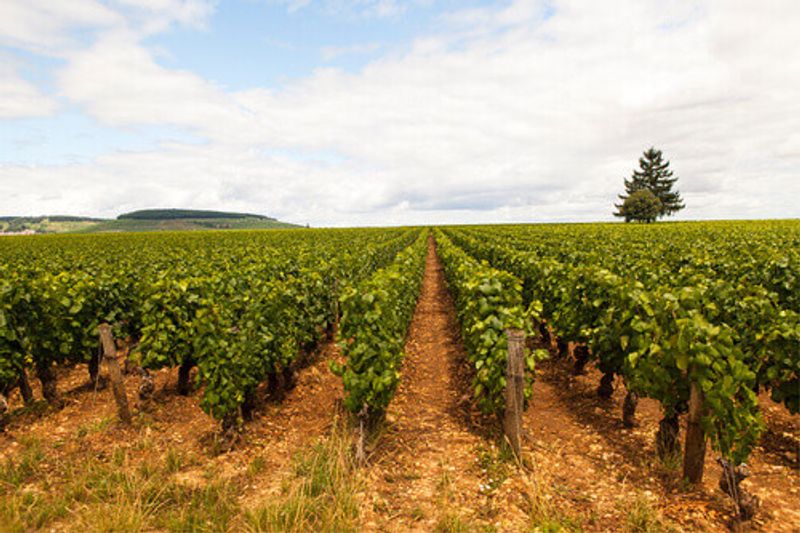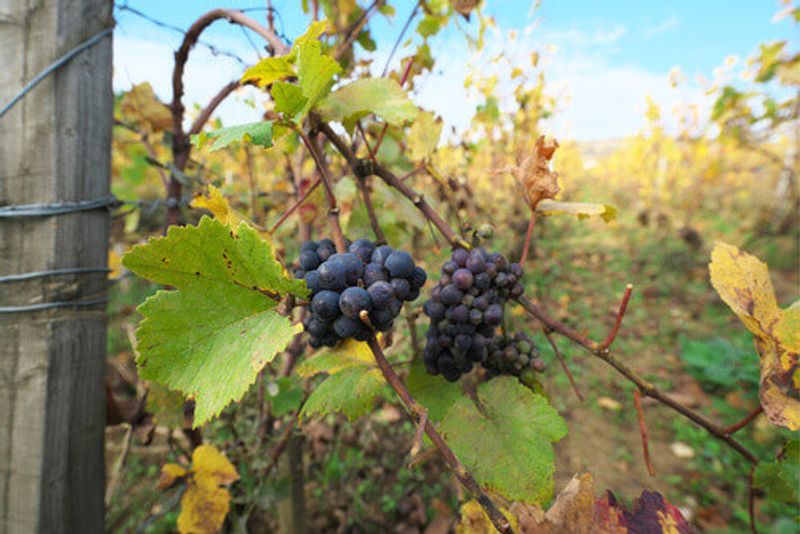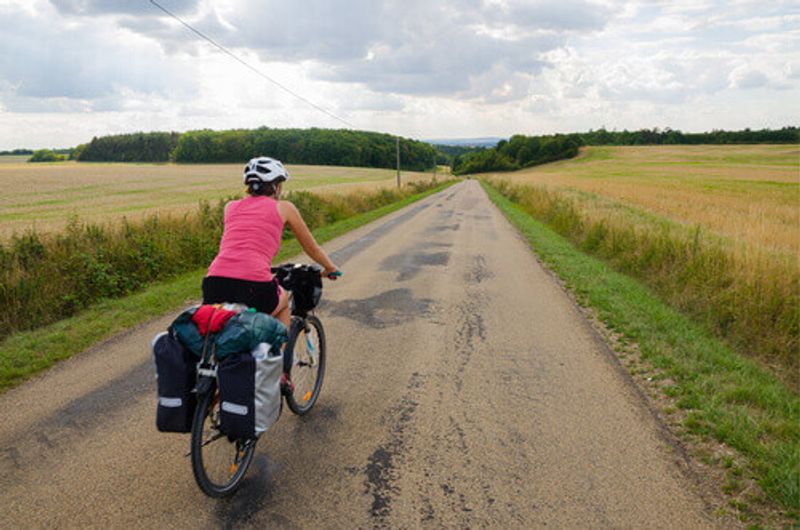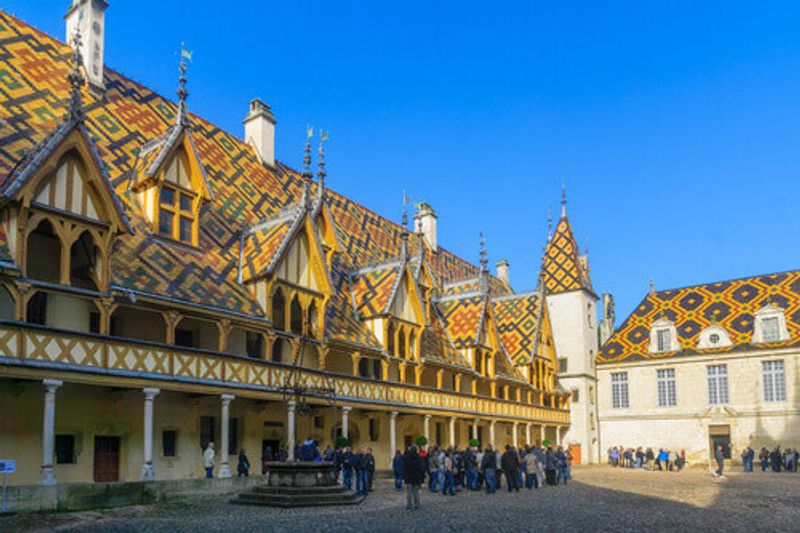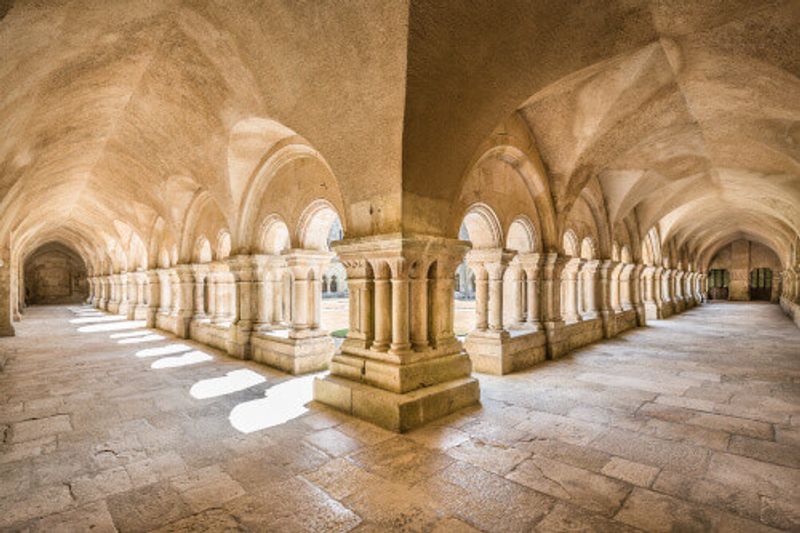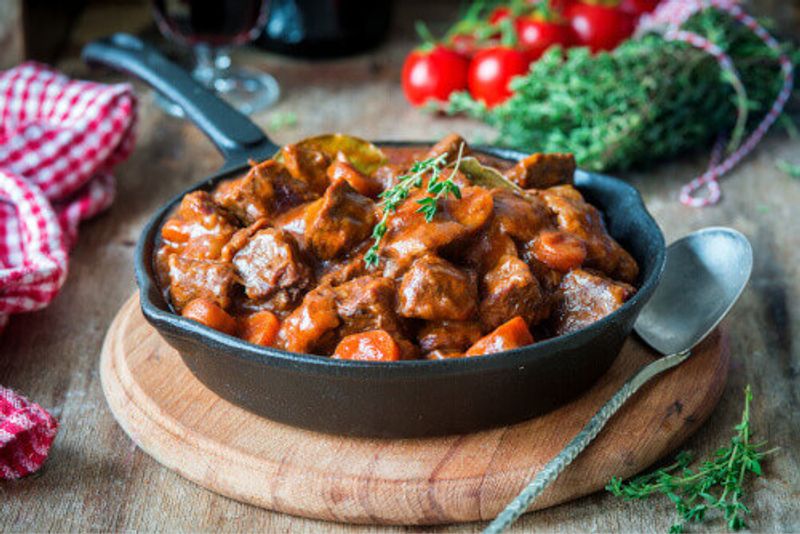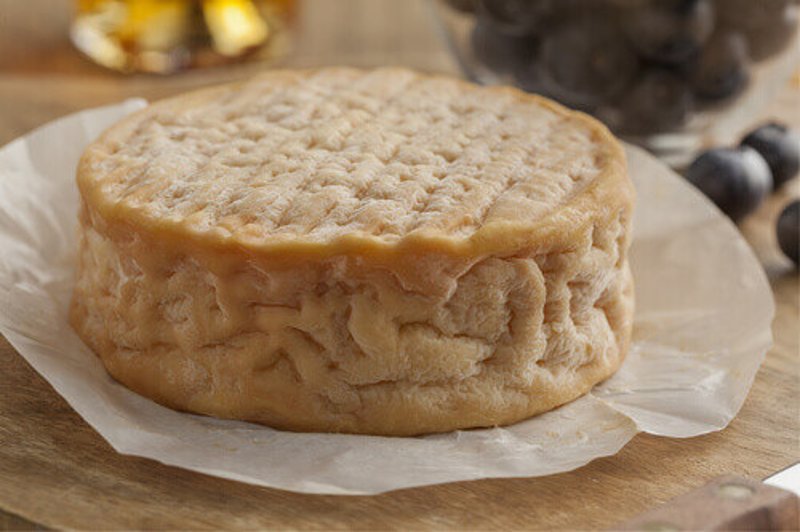Prestige, tradition and terroir make for a wonderful wine adventure
The fabled Côte d'Or vineyards are the crowning jewel in the Burgundy (Bourgogne) winemaking area. Wine buffs tend to get a bit starry-eyed at any mention of this iconic region; celebrated for its terroir, ancient wine traditions and production.
Known as the ‘golden slope of Burgundy’, the Côte d'Or is a narrow vertical corridor beginning just south of Dijon. Renowned for its pinot noir and chardonnay, it’s home to Burgundy’s top vineyards and best-known villages.
The renowned terroir
It’s all about the terroir – or the climat, rather, the actual plot of land given over to the vines because of its special terroir. The terroir influences a wine in many ways – climate, soil type, topography. Different climats produce wines with different personalities.
The climats of the Burgundy wine-growing region – predominantly pinot noir with a little chardonnay – have prestigious UNESCO World Heritage List status, for its celebrated terroir and ancient wine traditions and production. There are more than one thousand climats, all coexisting, just like a jigsaw puzzle.
Grand Crus are the elite, the most famous plots, and this appellation accounts for just over one percent of the region’s production. Premier Crus (first growth) are the second tier. Burgundy wines are notoriously expensive.
What’s good?
The Côte d'Or consists of two regions. The Côte de Nuits, its northernmost region, is home to all but one of Burgundy’s red Grand Cru vineyards. The terroir of Vosne-Romanee is arguably the most highly reputed for red wine – the Romanee-Conti is the most famous of its Grand Crus, and lavishly expensive.
The southern part, the Côte de Beaune, produces the greatest white wines of Burgundy; all but one of the Côte d'Or’s white Grand Cru vineyards are located here. The Montrachet Grand Cru is the site of the world’s most prestigious chardonnay vines. Pommard red wines are strong, nicely coloured and renowned for being the most powerful red of the region. Several – 27, in fact – of its vineyards are classed as Premier Cru. Chambolle-Musigny is home to the lion’s share of the vineyard Musigny, the only Grand Cru in this area that is legally allowed to produce both red and white wines. The beautiful Château de Meursault is a great visit, with 110 plots of vines – including 18 Premier Crus – and cellars dating back to the 12th century.
How to get around
Pedal the Vineyard Way (Voie des Vignes) by vélo, a great way to see wine villages like Volnat and Santenay. The Route des Grand Crus is a beautiful drive. About 60kms long, it runs through many of the great appellations of Burgundy wines, punctuated by more than 30 picturesque villages and towns.
What’s on
If you visit during October and November, you’ll find harvest festivals and beautiful fall foliage. The annual wine auction held at the Hôtel-Dieu (Hospices de Beaune) is held every November.
Be charmed by historic sights
With the region’s rich history, you’ll find plenty of ancient, fascinating sights. The 12th-century UNESCO site Fontenay Abbey, a former Cistercian abbey, is a Romanesque masterpiece. Wander the quaint cobblestone streets of the medieval hilltop town of Semur-en-Auxois – the tall towers and the main wall still remain to surround the inner part of the town.
The other star of this region
We know. There is so much wine to discover. But the French like to stop for lunch. For a long lunch, in fact. Good food goes hand in hand with good wine, so you’ll find no shortage of gastronomic delights and local specialties. The region’s famed beef bourguignon is the perfect match for your Burgundy red.
This is the home of Dijon mustard – you can visit the Fallot Mustard Mill to learn about the history of mustard and how it’s made. This is the last independent and family-run mustard mill in Burgundy.
Great cheese abounds, of course, similarly linked to the notion of terroir. The village of Époisses is home to its eponymous raw milk cheese, the most ancient of all Burgundy cheeses.
